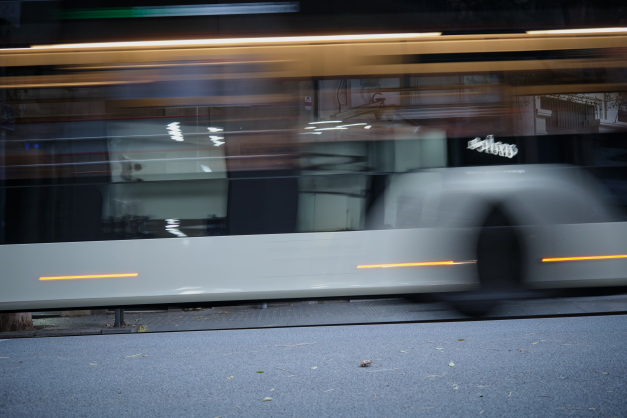
Newsletter: The lessons learned
In this newsletter the lessons learned from the impact of Covid 19 for development of the transport policy has been introduced
We believe that a metropolitan region of tomorrow should provide its residents with a safe, functional and resilient environment. Low-carbon transportation and mobility are vital components of such smart urban areas.
However, transportation in metropolitan regions today generates congestion and vast greenhouse gas emissions. This imposes enormous challenges upon local and regional authorities in providing healthy living conditions for inhabitants and a supportive environment for businesses.
SMART-MR finds solutions and helps local and regional authorities improve transport policies.
The key project outputs include a guide on sustainable measures for achieving low-carbon and resilient transportation in metropolitan regions, selected good practice descriptions, and policy recommendations. Through these outputs, as well as dissemination events (such as political meetings, the final conference, and regional stakeholder meetings), SMART-MR contributes to Europe 2020 goals, Cohesion Policy, and the Interreg Europe Program.
Smarter together
7 workshops are organised by the project partners in order to find solutions by sharing experiences in transport and mobility planning. For each workshop, the partners will issue an in-depth analysis, describe good practices and organise a study visit. Practical experiences will be presented and discussed, and policy recommendations developed.
The partner metropolitan regions will also prepare and implement action plans to improve the implementation of regional transport policies and instruments by:
SMART-MR brings together 10 project partners from 8 metropolitan regions (Oslo, Göteborg, Helsinki, Budapest, Ljubljana, Rome, Porto and Barcelona).
€2,574,120.00
Low-carbon economy
The Operational Programme is an implementing document setting out how EUR 3.2 billion of support provided under the European Regional Development Fund (ERDF), the European Social Fund (ESF) and the Cohesion Fund will be spent in the 2014-2020 period. The document, which identifies investment priorities that will be eligible for support in the next seven-year period, builds upon the Europe 2020 Strategy and its targets and complies with the Fund-specific requirements. The underlying objective of the document is to ensure economic, social and territorial cohesion. As a priority, EU support will target four key areas that will help deliver the headline targets of economic growth and job creation:
• research and innovation,
• ICT,
• stepping up the competitiveness of SMEs,
• supporting the shift towards a low-carbon economy in all sectors.
From the project perspective we will focus on the shift towards a low-carbon economy, particularly with the investment priority Enhancing regional mobility by connecting secondary and tertiary traffic nodes to TEN-T infrastructure, including multimodal nodes.
As the focus of the priority is on constructing new infrastructure, this investment priority must be strengthened by comprehensive transport strategies that might by connecting transport and spatial planning and by optimizing services and mobility patterns decrease the need for mobility and thus provide more sustainable development.
Oslo and Akershus have provisional plans for transport and spatial development to achieve sustainable growth due to be adopted by the end of 2015. Implementation is likely to meet conflicts of interests between the travel modes, especially in terms of space allocation. The region is looking for ways to develop and improve mobility planning that include all transport modes, and ways to bridge the gap between mobility and land use planning. An integrated approach to finding agreed solutions is sought. SUMP will be adopted as a tool to help planners and politicians prioritise in each case.
In the policy document, “Sustainable Growth, goals and strategies focusing on regional structure”, The Goteborg Region Association of Local Authorities (GR) sets out a number of fundamental elements of a regional structure necessary to improve in order to achieve an attractive and sustainable region. The main objective for this policy document is to contribute to long-term sustainable development within the Gothenburg region. Such development covers three basic and mutually dependent dimensions – the social, the environmental and the economic. The policy document is an agreement between the regional level (GR) and the local level (the municipalities). In the agreement the local municipalities have committed themselves to develop their territory in accordance with the regional policy. The policy document states that the Gothenburg region shall establish attractive and efficient regional commuting rail services. This means that land use and infrastructure development that supports these goals need to be prioritized. In this manner the urban transit oriented development is pointed out to be of key importance to reach the main goal of the policy document. It will have an integrated role for locating new housing, infrastructure investment and densification of land use that will transform station communities into local hubs for sustainable commuting.
The Finnish ERDF program supports the competitiveness of SMEs and employment and promotes low-carbon economy. The objectives are still on quite general level and the measures towards carbon neutrality are not very specific. It is important to transform the objectives into concrete and operational policies, which should be developed for the short and long term and also by giving new and good practical examples. This can be done for example by piloting new approaches.
The Integrated Transport Development Operational Programme 2014-2020 (IKOP) consists of Hungarian transport development projects funded by the European Union. IKOP’s 3th priority addresses sustainable urban transport development, with a strong focus on the development of track-bound transport modes, intermodal services, passenger information, e-ticketing, promotion of cycling and on-demand services. PP7 can contribute to the success of this policy instrument through the implementation of Budapest Transport Development Strategy (BMT) Balázs Mór-plan, which is Budapest’s first SUMP-based strategic transport development plan. However, the lack of information about citizens’ needs, preferences, environmental and economic issues related to infrastructure projects is a core issue in Budapest. Therefore BKK will define innovative communication tools to collect large amount of data in order to provide valuable feedback for the improvement of this financial instrument.
In 2014, within the metropolitan territory, an increase of motorization index, mortality rate for road accidents and CO2 emissions, were registered. The policy instrument aims at reducing traffic congestion on roads towards the capital, by allowing car/bus parking nearby commuter stations. Due to the insufficient network of P+R and underpasses, the project will focus on development of intermodal nodes between the hinterland and the Capital and of an integrated cycling network.
North 2020 is a financial instrument to support regional development, set on the current cycle of structural funds of the European Union. It is assumed as an important contribution to regional development strategy, based on a dual path of convergence with the European and national average. Its goal is to be able to produce goods and services that will recover the convergence trend at European level, ensuring a sustainability, yield increases and employment of the population. NORTH 2020 is organized into six thematic objectives. The goal, which is relevant for this project, is "Support the transition to low-carbon content in all sectors” with following objectives: - Promotion of energy efficiency and renewable energy use in businesses;
- Support for energy efficiency, intelligent energy management and renewable energy used in public infrastructures, including in public buildings and in the housing sector;
- Promotion of low-carbon strategies for all types of territories, in particular urban areas, including the promotion of sustainable multimodal urban mobility and relevant adaptation measures.
The objectives of North2020 are important and central in transforming our society to a sustainable low-carbon economy. However, it is important to transform the objectives into concrete and operational policies and measures as well as to give new and good practical examples of how to move towards low-carbon society. This can be achieved by channeling knowledge and experience.
Catalonia’s ERDF OP prioritises knowledge and innovation, entrepreneurship and green economy. Axis 4 promotes the transition towards a low-carbon economy, and one of its investment priorities is the promotion of carbon reduction strategies for all sectors. Axis 6 focuses on resource efficiency and the protection of the environment, and one of its priorities is improving the urban environment and revitalization of cities.
PP10 can contribute to the goals set in this policy instrument through the development of an Urban Mobility Metropolitan Plan (PMMU). This plan is aimed at managing mobility in the metropolitan area of Barcelona with an integrated approach, and putting particular emphasis on sustainability, efficiency, accessibility and safety.
The PMMU will address several aspects of mobility (public transport, private vehicles, pedestrians and bicycles, nodes, parking, environmental sustainability, etc.), and it can become one of the key measures for achieving the goals for sustainable urban mobility and climate adaptation set in the Catalan ERDF OP for 2014-2020. Nevertheless, it is important to note that funding from ERDF is not granted for this, as calls are not open yet at this stage of preparation for this Interreg Europe project.
Through this cooperation, the policy tool can be improved thanks to the exchange of knowledge and experience from different European metropolises that face similar challenges when addressing their mobility plans.

In this newsletter the lessons learned from the impact of Covid 19 for development of the transport policy has been introduced
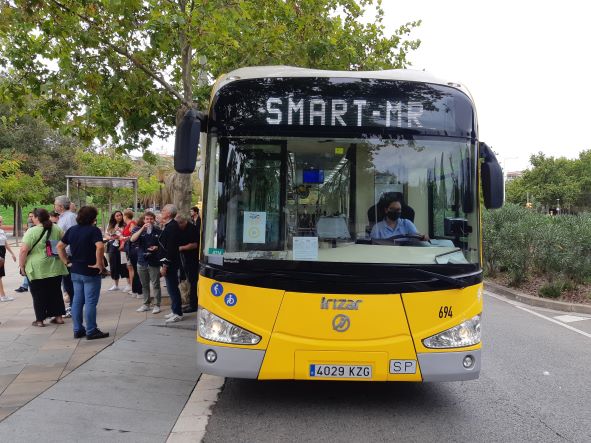
SMART-MR project has reached its terminal station! You can read the results and the policy recommendations from the newsletter Library | Interreg Europe
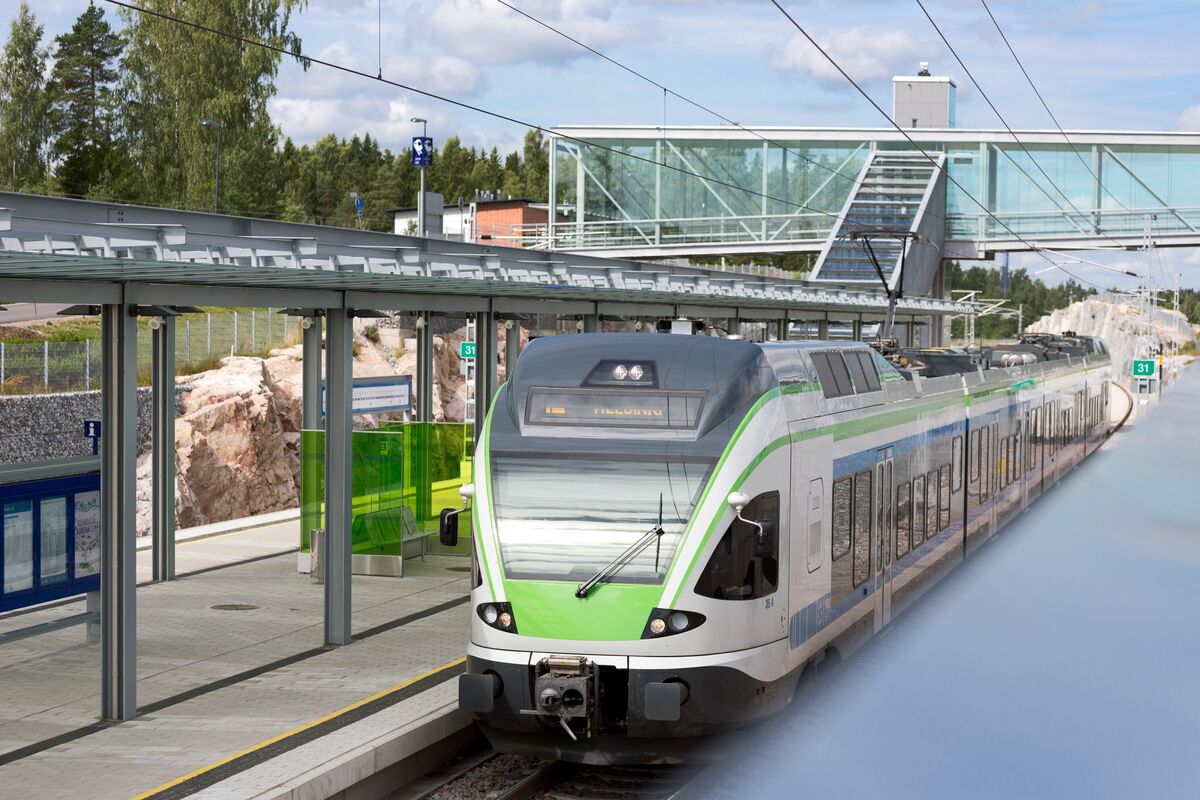
In this newsletter SMART-MR project presents the selected good practices of mitigating the challenges posed by COVID-19 on mobility and spatial planning
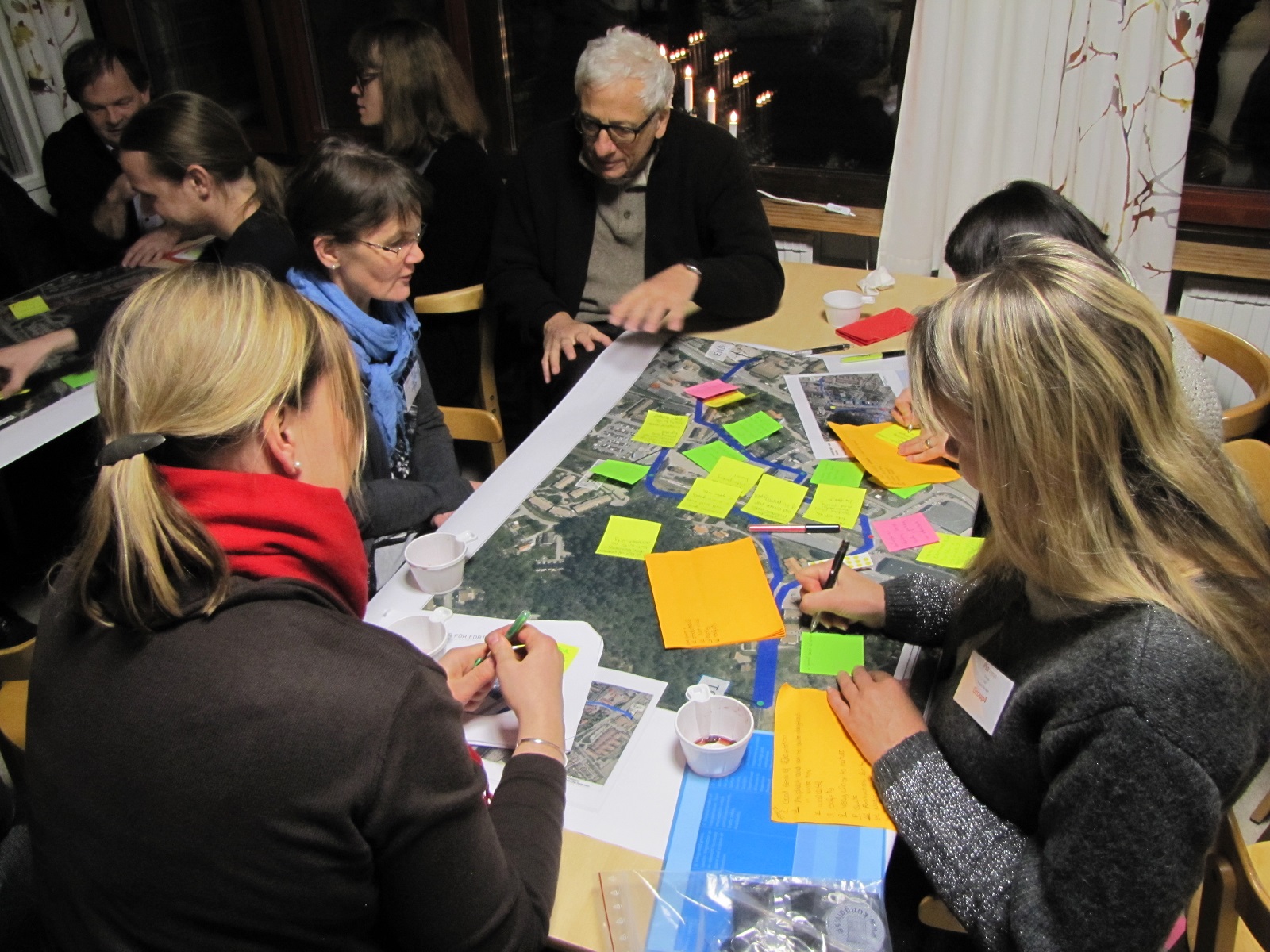
The SMART-MR project has been prolonged until 30 September 2021. The partners from seven metropolitan regions continue knowledge sharing.
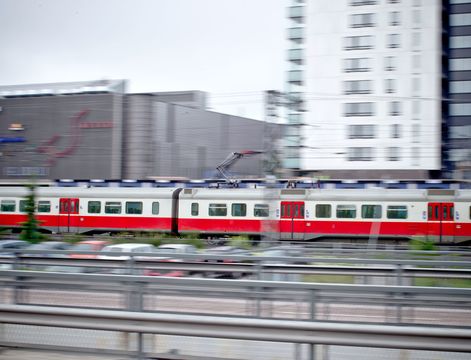
The SMART-MR report presents measures to support local and regional authorities in improving the ways to achieve liveability in polycentric metropolitan regions
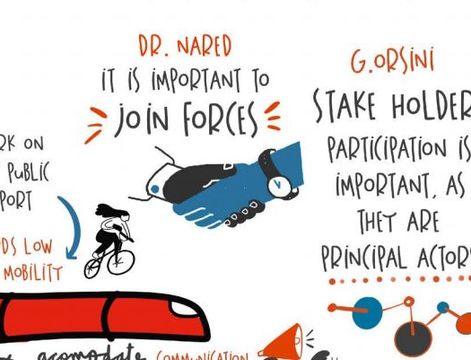
The SMART-MR final web conference took place virtually on Thursday the 26th, and Friday the 27th, November 2020.
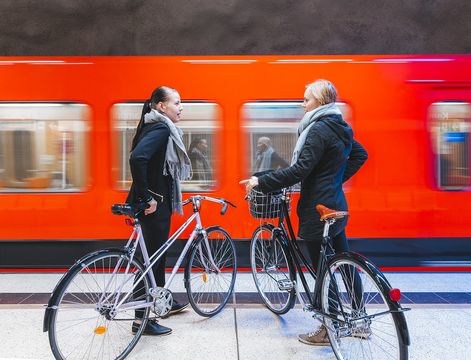
The SMART-MR addresses the importance of urban station communities and creates joint guidelines for developing them.
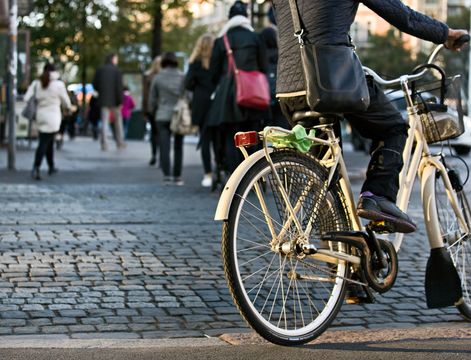
Listen what experts have to say on how to solve mobility challenges in European metropolitan regions. What needs to be done?
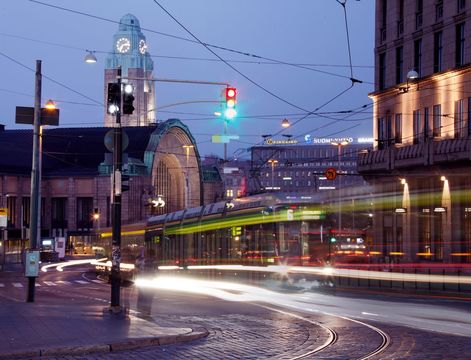
How to create smart mobility in metropolitan regions? The project results from the first stage are presented and discussed in the SMART-MR Political meeting.
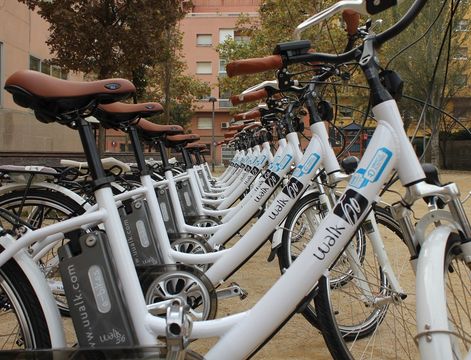
Mobility challenges in urban and metropolitan areas are discussed in Barcelona (Spain) the 12th and 13th of November.